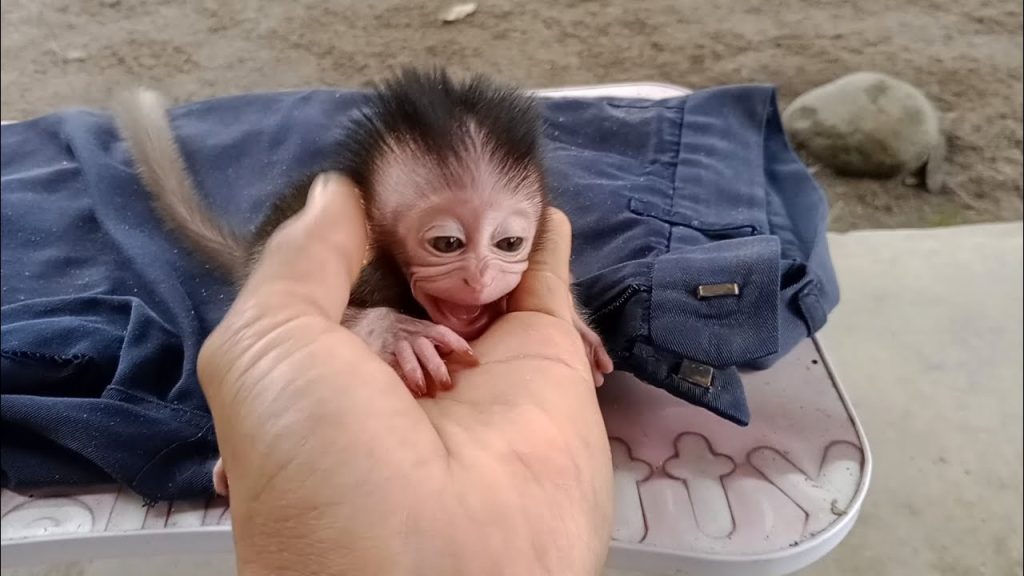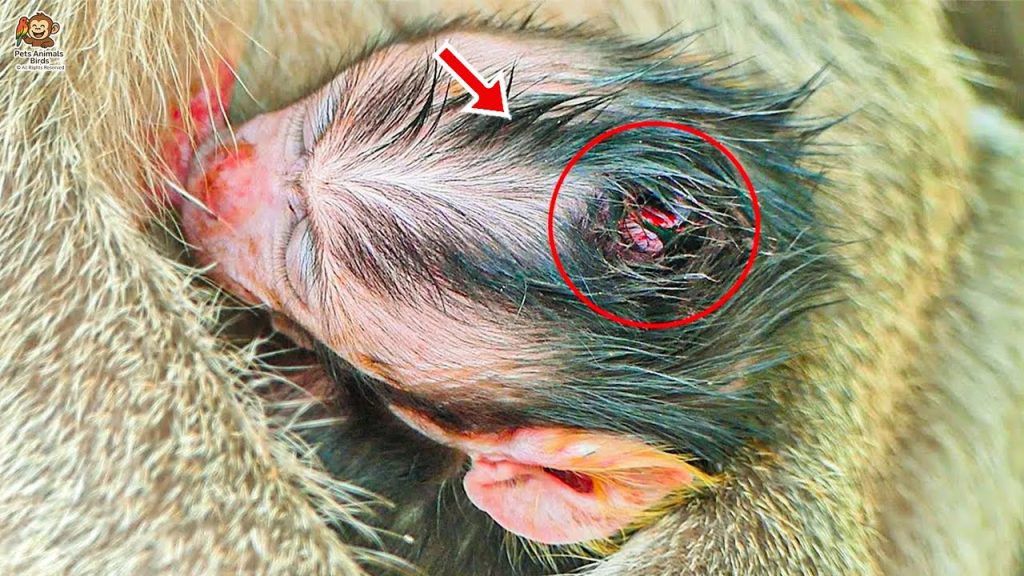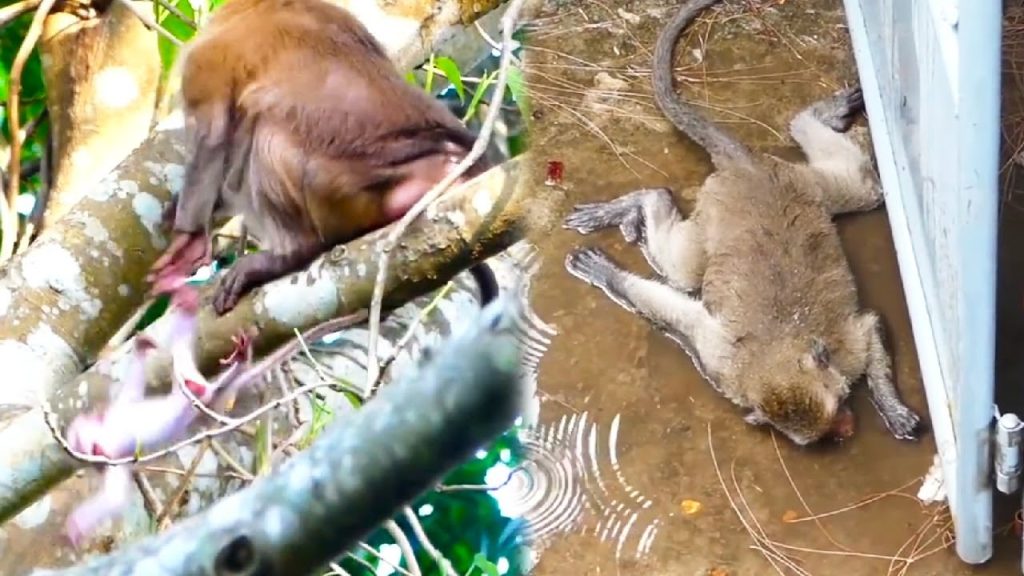
In the warm afternoon sun, little Chamroeun was quietly playing near his father, exploring twigs and leaves with childlike curiosity. The moment was peaceful—until Minea, full of energy and mischief, came dashing in.
Minea, slightly older and much more assertive, ran straight toward Chamroeun, nudging and poking at him in a rough, playful-but-pushy way. The little one squeaked in surprise, clearly not ready for such aggressive attention. He stumbled backward, unsure of what to do.
Minea, not meaning real harm but still being too rough, continued to poke and tease.
But before things went too far, Chamroeun’s father noticed. With calm authority, he stepped in. A gentle but clear push sent Minea away—just enough to warn her off without causing fear or harm.
The message was simple: That’s not how we treat younger troop members.
Minea paused, then backed off, realizing she had crossed a line. She watched quietly as Chamroeun returned to his play, this time safely under his father’s watchful eye.
This small moment reflects the natural lessons of social behavior in monkey communities. Young monkeys like Minea are still learning limits—how to play without hurting, how to share space, and how to respect the younger ones.
At the same time, father figures in monkey troops can play a vital role. While often seen as protectors, they also guide behavior, correcting younger members with presence and calm discipline.


